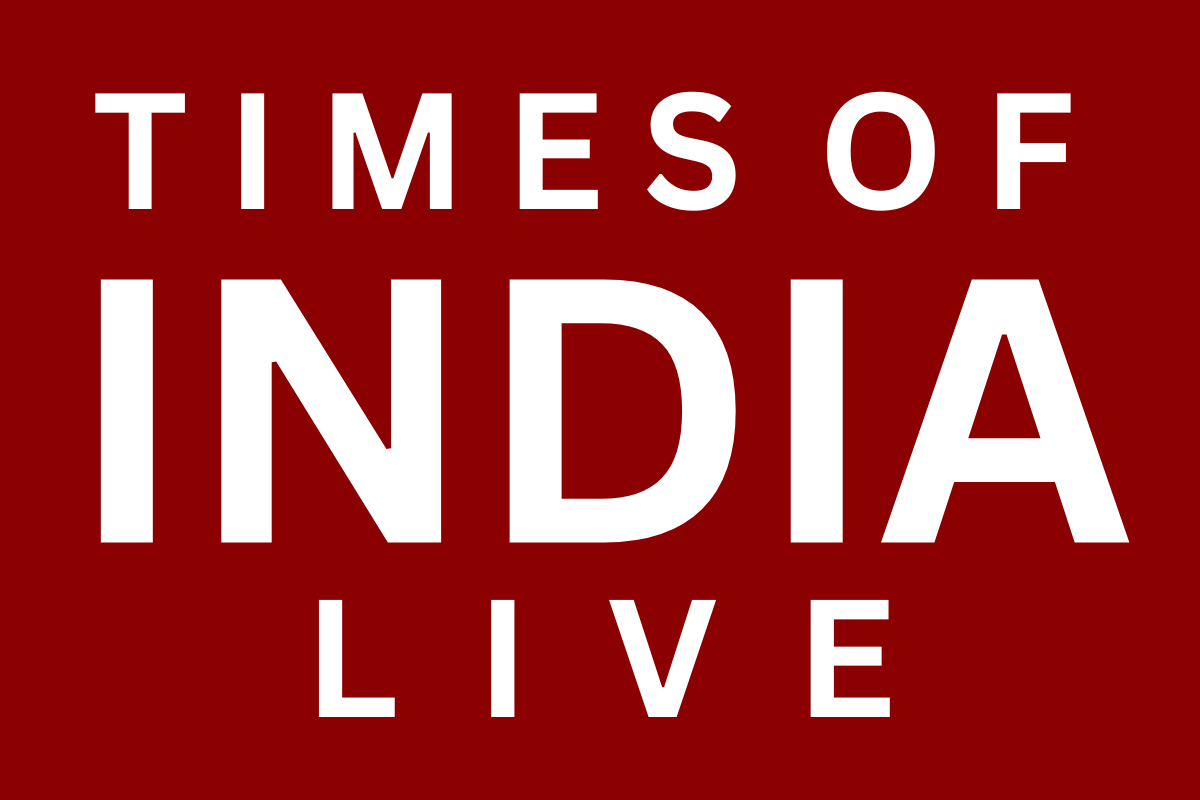OpenAI’s plan to have ChatGPT contact a teenager’s parents in a mental health crisis is being hailed by some as a revolutionary digital lifeline, while others decry it as a dangerous overreach and a profound privacy intrusion. This single, controversial feature is set to become a major flashpoint in the debate over the role of AI in society.
For supporters, this measure is a logical and necessary evolution of AI safety. They argue that if a technology can detect an imminent risk of self-harm, it has a moral obligation to act. In this view, the AI is not just a chatbot, but a potential life-saving tool that can bridge the gap between a teen in crisis and the help they need.
For critics, however, the plan is fraught with peril. They raise concerns about the accuracy of the AI’s threat assessment, warning that false positives could lead to unnecessary panic, family strife, and a breakdown of trust between teens and their parents. They also argue it violates the fundamental expectation of privacy in a one-on-one conversation, even with an AI.
The policy was born from the tragic case of Adam Raine, whose death has forced OpenAI to consider radical solutions. The company’s leadership has sided with the “lifeline” argument, deeming the potential to save a life as more important than the risks of privacy intrusion or algorithmic error.
As this feature is rolled out, its implementation will be watched closely. It represents a bold experiment at the intersection of technology, mental health, and family dynamics. Whether it is ultimately seen as a guardian angel or a digital spy will depend entirely on its real-world execution and impact.
A Digital Lifeline or Intrusion? ChatGPT’s Plan to Contact Parents Divides Opinion
Date:
Picture Credit: www.heute.at
